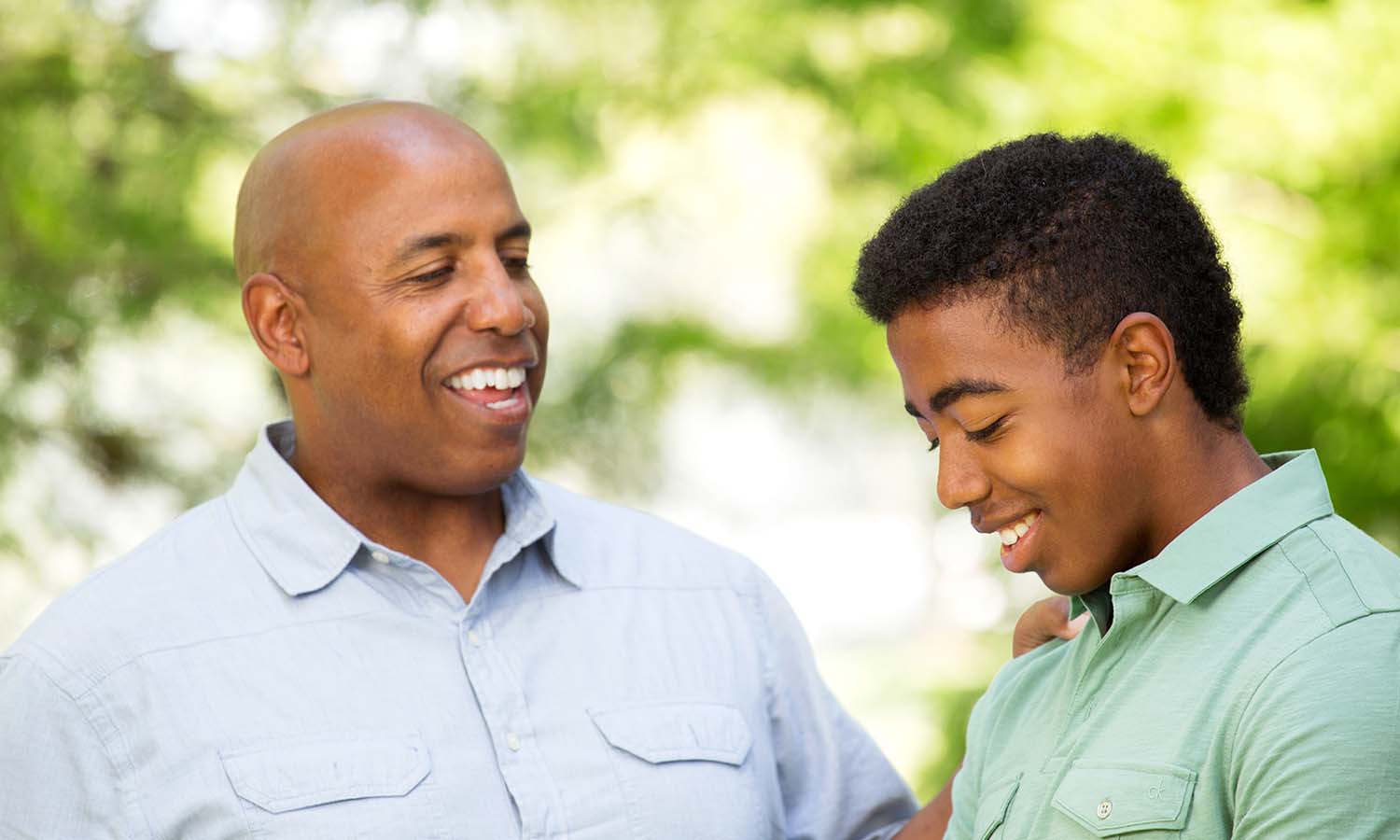There is great alignment between CPS and mediation, which is part of what drew me to the approach. Mediation and CPS both emphasize the importance of listening, open communication, identifying underlying needs and goals, and generating potential solutions to create win-win dynamics. Both approaches tend to improve communication, decrease the likelihood of future problems, are proactive, and often repair, restore or strengthen relationships.
I introduced CPS to a local school system for whom I used to be employed several years ago and am proud that the Superintendent adopted it is a district-wide initiative. I train CPS to teachers and administrators from across the district, from pre-school through high school. I facilitate faculty consultation teams, teach graduate equivalent classes, and lead a CPS train-the-trainer group. I also employed the approach with my student caseload when I was an adjustment counselor and have found great success helping students overcome significant barriers to learning and behavior.
The CPS process helps children and adolescents develop important problem-solving, frustration tolerance, and cognitive flexibility skills. Together with the helping adult they are able to resolve points of conflict to the mutual satisfaction of the adult and child.

